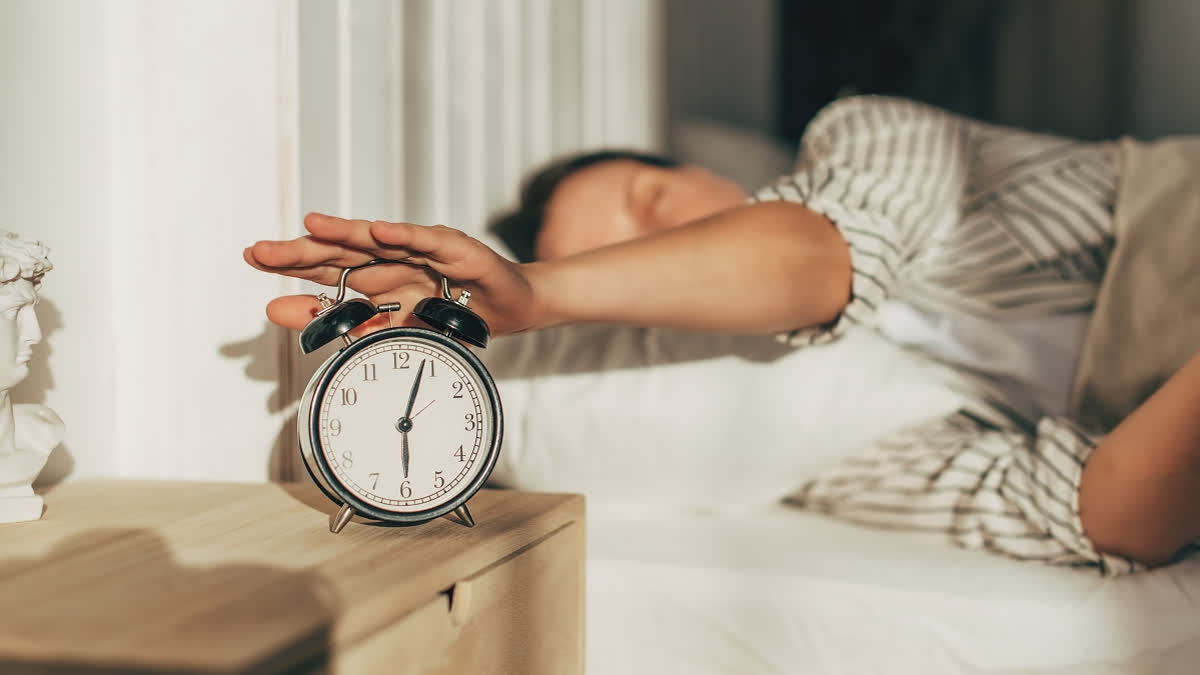At some point, many of us have experienced that post-lunch slump, struggling to stay alert in the mid-afternoon while reaching for a water bottle to rehydrate after juggling work pressures, personal life conflicts, and more. However, some individuals face excessive daytime somnolence—a medical condition characterized by overwhelming drowsiness and a strong desire to fall asleep. This condition is diagnosed through a comprehensive evaluation at a medical facility, often involving a Multiple Wakefulness Test.
Somnolence tends to increase with inactivity and can lead to sleep, which poses risks when alertness is essential. It may stem from various factors, including acute and chronic medical conditions, medications, and lifestyle choices. With that being said, here are 10 tips to avoid excessive sleepiness during the daytime.
Managing Excessive Daytime Sleepiness
Snack Smartly
When you're feeling excessively sleepy, healthy snacking can be beneficial. Opt for low-sugar, high-fiber snacks that help maintain energy levels and keep you active. Consider yoghurt with nuts and berries, peanut butter with veggies, or carrots with cream cheese dip. Avoid sugary snacks, heavy meals, and high-fat foods, which can exacerbate fatigue.
Gradually Adjust Your Bedtime
If you often feel sleepy during the day, you might not be getting enough sleep at night. Establishing a consistent sleep schedule is crucial; aim to go to bed and wake up at the same time every day, even on weekends. Randomly setting an ideal bedtime can leave you feeling groggy during the day.
Take Breaks from Screen Time
In our tech-driven world, prolonged screen time can lead to eye strain and fatigue. Every few minutes, take a moment to look away from your computer or phone or close your eyes briefly to give them a rest.
Utilize Caffeine Wisely
Caffeine is a common tool for combating sleepiness. As a stimulant, it can help you stay awake if you're struggling with excessive drowsiness. However, be mindful of your caffeine intake, especially later in the day, as it can disrupt your nighttime sleep. Consider switching to decaf beverages in the evening.
